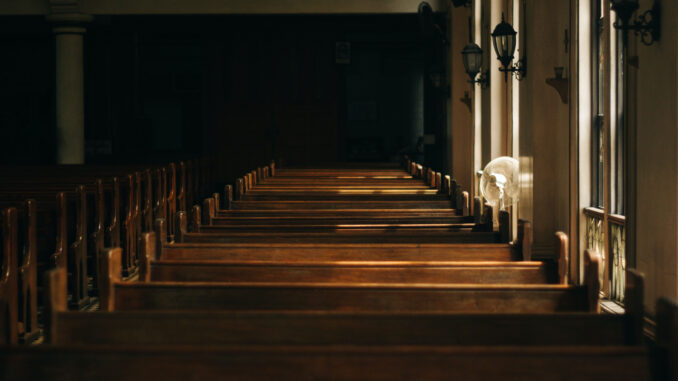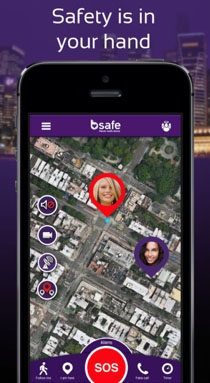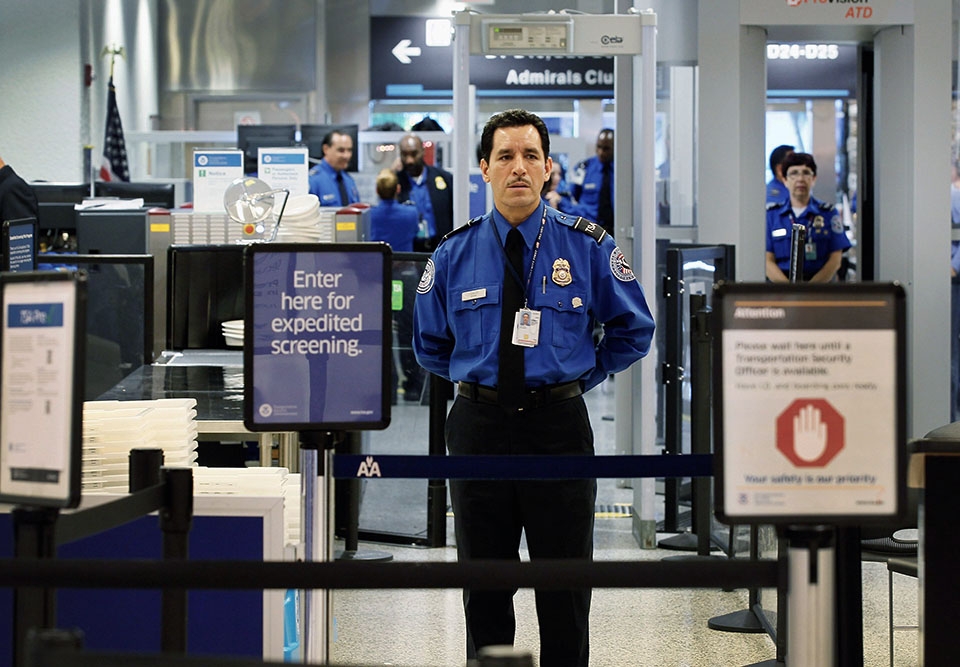
by Emma Polen | features editor
Jan. 20, 2022
The U.S. prides itself in freedom of religious assembly, but with recent hate-crimes on the minds of many religious organizations, this freedom is tested by the lack of safety in public places of worship.
This past Sunday, British national Malik Faisal Akram, marched into Beth Israel Congregation in Colleyville, Texas, and took four hostages. It was several hours before police were able to get inside. All four hostages were safely rescued, and Akram died on the scene.
According to NPR on Monday morning, authorities were still not sure of Akram’s motive, but the real issue is not why he did it, but how.
Following the Tree of Life shooting, the most deadly display of anti-semitism in U.S. history, synagogues around the country have increased security measures to ensure the safety of their practitioners. But last Sunday proved that this was not enough.
Jonathan Greenblatt from the Anti-Defamation League said in an interview with PBS, “Jews across the country are terrified in this moment.”
It is no wonder that the U.S. Jewish community is worried about the freedom to practice their faith. According to the Anti-Defamation League, over 2,000 anti-Semitic incidents were reported in 2020. It was the third highest year of anti-semetic behavior on record.
The publicly-released series of events at Beth Israel Congregation showed that Akram was initially stopped by security from entering the service, but he spoke of a need for shelter, which gave him the ability to enter the building.
Now, the rabbi at the Beth Israel Congregation is calling for even greater security as well as active shooter drills among Jewish gathering places in the area. But the very fact that their security measures were not enough — it implies that safety in places of worship is no longer promised.
What could prevent someone else from bypassing security at a later time?
Furthermore, while increased safety measures are able to prevent a future attack, they might make it harder and more uncomfortable for those who genuinely want to enter the sanctuary to do so.
Jewish synagogues are often open to the public to allow those who want to enter the freedom to do so. However, it is impossible to distinguish between those who wish to do harm and those who actually want to come inside to pray.
It is unfortunately left to the religious congregations facing the possibility of threats to solve the problem of anti-Semitism in the U.S.. Many synagogues practice defensive techniques in case of an emergency.
In relation to Beth Israel Congregation, Amna Nawaz said on PBS News Hour last Monday, “The rabbi is saying that the only reason they all made it out alive was because of trainings” from the FBI, Anti-Defamation League and local law enforcement.
Education on defensive techniques is one step toward a greater feeling of safety in places of worship. However, there is still no promise of control over people with a hate-filled agenda targeted at a religious group.
Discrimintation against religious affiliation is not acceptable in any public building, but it is especially unfair to bring it into the religion’s own sanctuary.
Rather than educate themselves, people would rather blame the world’s issues on a group of people they really know nothing about.
Days before Akram entered the Texan synagogue, Washington Post’s Yair Rosenberg that David Bateman, an influential Republican political donor in Utah Republican, sent an email blaming the scale of the pandemic on unvaccinated Jews.
Unprovoked hatred targeted at a religious group opposes the values of love and hospitality that run deeply through the Jewish faith.
While these threats make live-streaming services from home seem like the easy answer, in-person worship remains important at the center of many faith communities.
The Jewish faith believes that they are the descendants of the people of Israel. In modern day, this “peoplehood” is translated into the synagogue.
The Jewish faith believes that they are the descendants of the people of Israel. In modern day, this “peoplehood” is translated into the synagogue.
Many practicing members of this religious community will remain true to the tradition of in-person worship, but the sad truth remains: With the lack of guaranteed safety in churches and synagogues, worshippers cannot feel fully welcome to practice their faith in a nation that promises the freedom to do so.



